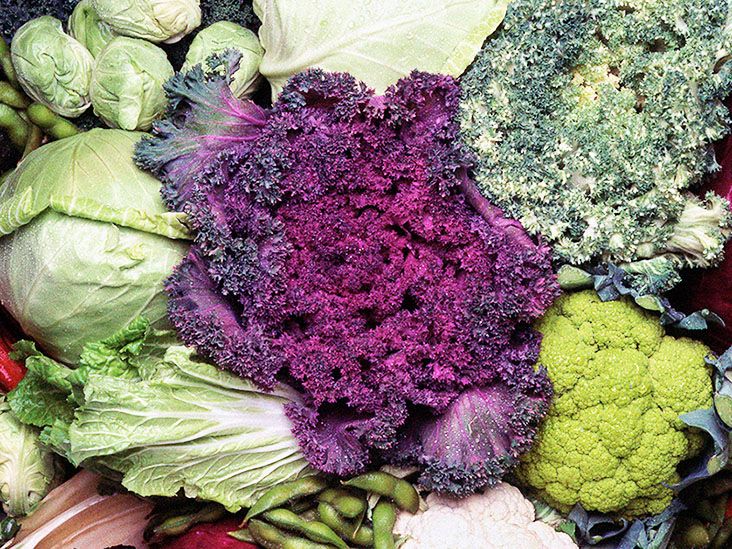Choline is an essential nutrient important for heart health and brain function, found in foods such as whole eggs, soybeans, and cruciferous vegetables. New research suggests that moderate choline intake may help reduce the risk of atherosclerotic heart disease. Experts recommend obtaining choline from whole foods rather than supplements and making other lifestyle changes to prevent heart disease. Cardiovascular disease is the leading cause of death in the United States, primarily due to atherosclerosis in the heart and vascular system. While traditional risk factors like high blood pressure and diabetes are well-known, the role of specific dietary components like choline in atherosclerosis is still debated.
Observational studies have shown that higher choline intake may lower cardiovascular disease risk, but some animal studies suggest it could increase the risk of heart disease. A new study published in BMC Public Health aimed to clarify the link between choline intake and atherosclerotic cardiovascular disease in U.S. adults. The study also looked at how choline affects metabolic syndrome, which contributes to atherosclerotic cardiovascular disease. Results found that moderate choline intake was associated with a lower risk of atherosclerotic cardiovascular disease, but there was no significant link to metabolic syndrome.
The study examined data from over 5,000 American adults and found that optimal heart health benefits from choline intake may occur at specific levels. Daily intake of around 244 milligrams for women and 367 milligrams for men seemed to offer the most benefits. Consuming more than 342 milligrams per day appeared to slightly increase the risk of heart failure. The study did not find a significant link between choline intake and metabolic syndrome, despite previous research suggesting a connection. While the study provides insights, it has limitations such as its reliance on dietary surveys and lack of plasma TMAO data.
Experts emphasize the importance of obtaining adequate choline intake for heart health and disease prevention through a balanced diet rich in various choline sources. Foods like whole eggs, fish, dairy products, organ meats, nuts, seeds, whole grains, and vegetables can provide choline. It is recommended to prioritize lean proteins and plant-based sources of choline to avoid excessive saturated fat consumption. Alongside a choline-rich diet, other measures such as regular exercise, avoiding smoking, maintaining healthy weight, and managing cholesterol levels are crucial for overall heart health. Moving forward, well-designed controlled trials are needed to further explore the relationship between choline intake and cardiovascular disease outcomes.













